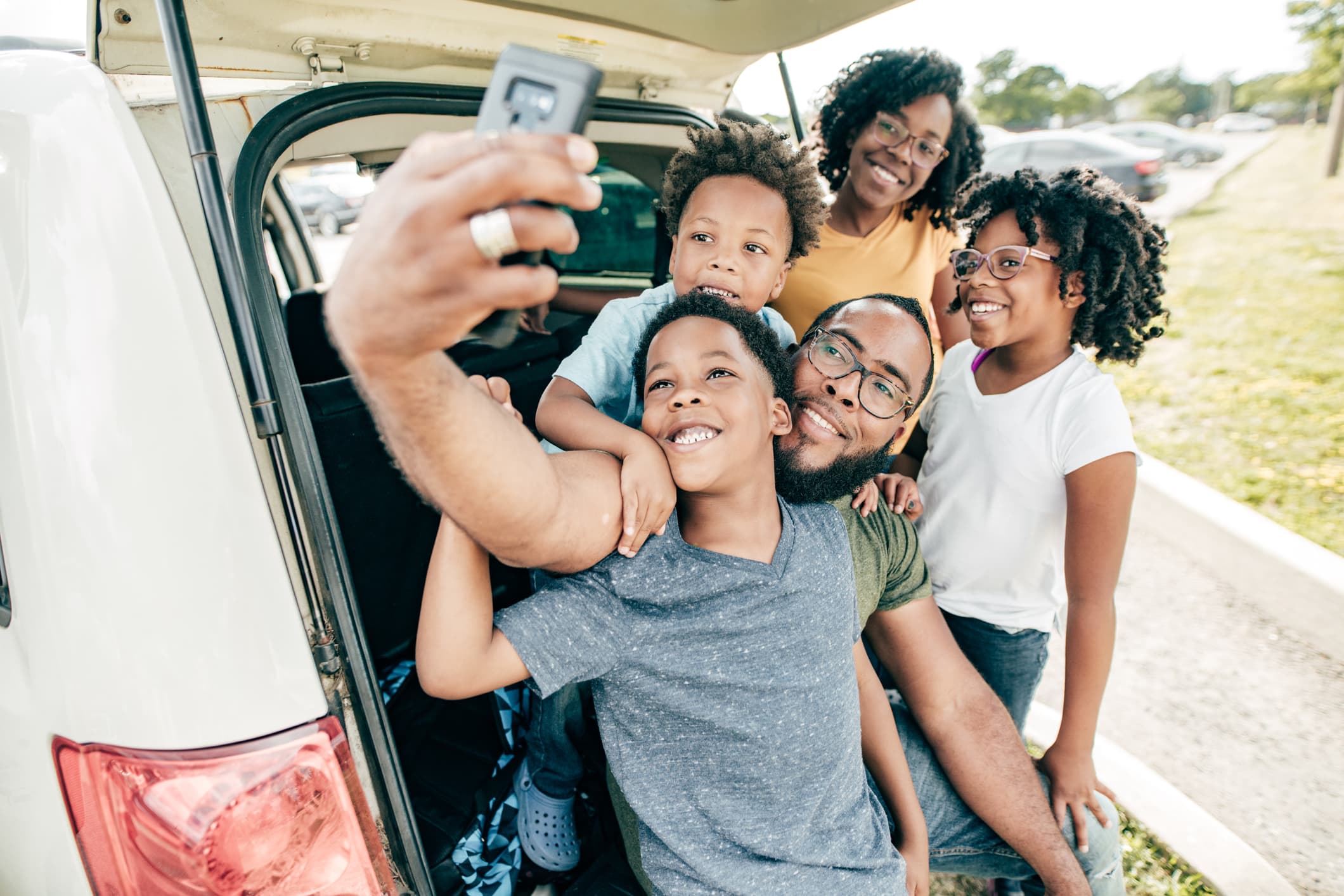kate_sept2004
Pandemic first-aid kit
You need seven things, according to Jeff Weinstein, a paramedic and medical operations supervisor for Global Rescue, which provides medical and crisis response service to travelers.
It’s likely you already have three: masks, hand sanitizer and disinfectant wipes.
Carry isopropyl alcohol wipes and use them to wipe down your phone. Major smartphone manufacturers say they won’t harm devices.
Bring some laundry detergent to wash reusable masks on overnight trips.
Fever is one Covid-19 symptom, so bring a travel thermometer to monitor your temperature.
Also consider a digital pulse oximeter, which measures your oxygen levels noninvasively. Any reading below 94% is concerning, says Weinstein. Prices range, and some are less than $30.
Advance planning
Danielle Desir, 29, always packs snacks and disposable wipes, and researches her destination in advance to find out about restrictions.
Source: Danielle Desir
Danielle Desir, 29, who lives in Bridgeport, Connecticut, doesn’t go anywhere without masks, hand sanitizer and hand wipes.
“We pack our own water and snacks,” said Desir, who has a podcast about affordable travel and personal finance. “We’re not always sure what’s going to be available at the destination and we don’t want to be turned away.”
In fact, be prepared for upsets: Desir and her boyfriend went hiking and found that the tower at the mountain peak was closed. “The website didn’t mention it,” she said.
It’s important to stay informed about the reopening stages of the place you’re visiting.
“Make sure you go to the area’s tourism board for updates and to see what things are going to be open,” Desir said. For instance, some restaurants may only offer takeout. Others may require reservations.
Flight risk
Clean that car
Perhaps even more dangerous than sitting on a plane, says Dan Richards, CEO of Global Rescue, is sitting in a rental car or taxi.
If you rent, make sure to wipe down and sanitize surfaces. Open the windows and doors, and give the car time to air out — five to 10 minutes should do it, Richards says. Your own vehicle is safe, he adds.
